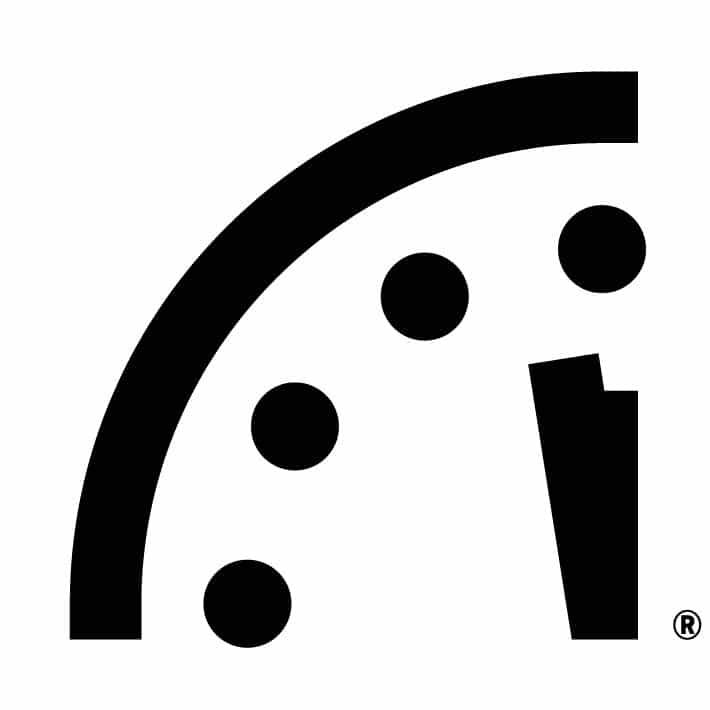Thanks for pinch-hitting, Dr. Daryl Hale!
Pinker, Enlightenment Now ch.12-17. Post before Tuesday if possible.
- Do you think frequently about the threat to yourself or others of accident, disease, or personal violence? As a society, are we resigned to these threats? Are we making reasonable progress in combating them?
- Should we be unconcerned with "root causes" of violent crime? 169
- If a reduction in the global homicide rate of 50% within thirty years is practical, what would be a practical goal for the U.S. homicide rate? What are some conditions of fulfilling a significant reduction here? 171
- Given the "sky-high rates of violence in the times and places where law enforcement is rudimentary," is "defunding police" a bad idea? 173
- Do you feel safer behind the wheel, knowing that motor vehicle accident deaths have declined so sharply and steadily since 1920 (as reflected in Figure 12-3)? 177
- [Did you notice the Springsteen/Pink Cadillac reference on p.178?]
- Do you feel safer knowing that when "robotic cars are ubiquitous" in a decade or so, more than a million lives a year will be saved? 180
- Are you grateful to live in an age of seat belts, smoke alarms, etc.? 190
- Were Columbine and Sandy Hook both instances of domestic terror? 193
- Do you agree that "the most damaging effect of terrorism is countries' overreaction to it?" 197
- If democracy "comes about when the people effectively agree not to use violence to replace [or retain] the leadership," is American democracy in trouble? 205
- Have we been fooled by an Information Paradox into believing falsely that human rights abuses have risen? 207
- What is the likelihood that capital punishment will vanish from the face of the earth (or from Texas, Georgia, Missouri...) in your lifetime? 209, 211
- Great progress has been made in confronting racism, sexism, and homophobia in our time. Will it continue? 214
- Are the statistics suggesting that "the number of police shootings has decreased" and that "a black suspect is no more likely than a white suspect to be killed by the police" misleading? 215-16
- Are you encouraged by the (relative) Millennial and post-Millennial repudiation of prejudice? 217
- Is ours a truly cosmopolitan* society? Can it be? 221
- Are children really not living in increasingly perilous times? 229
- COMMENT?: "So much changes when you get an education!" 235
- With the resurgence in Afghanistan of the Taliban, will gains in girls' education be reversed? What can the world do about these rigidly paternalistic societies, to secure and protect women's rights? 240
- Do we have misanthropic "cultural elites" comparable to the early 20th century British literary intelligentsia? Is the American populist revolt that supposedly accounts for the Trump presidency exaggerated or overblown? 247
- Is anti-elitism/-intellectualism in America something intellectuals can and should try to fix, as implied by this recent letter to the NYT Book Review?
- Is it wrong for the advocates of enlightenment values to "preach to the choir"?
- Would you add anything to Martha Nussbaum's list of "fundamental capabilities"? 248
- How many hours a week do you work? How many do you want to work? What would you do if your boss were Scrooge? 249
- How do you intend to spend your "golden years"? 250
- Do you think you'd have been happy living in the 19th century or earlier, without any of the "labor-saving devices" (appliances etc.) we take for granted?
- Is artificial light a major contributor to your happiness? Could you be happy retiring to bed early after sundown and rising with the dawn? 253
- Are you ever guilty of "yuppie kvetching"? 255
- COMMENT?: "Less-educated people reported having more leisure..."
- Is the Norman Rockwell/Leave it to Beaver America a fiction? 256
- Do humans "still want to be within touching distance" as much as pre-pandemic? 257
- Should we kvetch less about the indignities of plane travel, and marvel more at its "remarkable democratization"?
- Is travel high on your list of enlightening experiences and ambitions?
- Given all the information and culture available to "country-dwellers today," is rural life more appealing to you than it might have been in an earlier era? 260
Church of the Enlightenment
To the Editor:
Toward the end of Emily Bazelon’s review (June 20) of George Packer’s “Last Best Hope” and Jonathan Rauch’s “The Constitution of Knowledge,” she writes, “I also wanted Rauch and Packer to consider why the Enlightenment figures and values they love don’t speak to everyone.”
If there is one statement that might summarize the fundamental conflict that has torn apart the United States, I’d say hers comes pretty close. And that is the reason I no longer read books like Packer’s and Rauch’s. They all preach to the choir while the people who need to be reached remain outside the church of the Enlightenment.
Seventy-four million Americans voted for Donald Drumpf last November. To the vast majority of them, Enlightenment values mean literally nothing. If we, collectively, on the Enlightenment side cannot find a strategy for engaging and convincing all of those Drumpf voters of the value of the scientific method, of critical thinking, then we should stop wasting one another’s time by writing endless books and articles to flatter one another’s educated egos and stroke one another’s intellectual vanity and just go watch TV.
Arthur Moss
Wilmington, Del.





